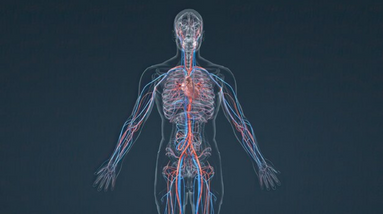
Peripheral nerve injury refers to damage or injury to the nerves that extend beyond the brain and spinal cord to other parts of the body. These nerves are responsible for transmitting signals between the brain and various parts of the body, including the limbs, face, and internal organs.
Peripheral nerve injuries can result from a variety of causes, including trauma, infections, inflammation, and other underlying medical conditions. The symptoms of a peripheral nerve injury can vary depending on the location and severity of the injury, but may include pain, numbness, tingling, weakness, or paralysis in the affected area.
Treatment for peripheral nerve injuries may include medication, physical therapy, and in some cases, surgery. In cases where the nerve has been completely severed, surgical repair may be necessary to restore nerve function. In other cases, nerve grafts or nerve transfers may be used to repair or replace damaged nerves. The goal of treatment is to minimize symptoms and restore function as much as possible.